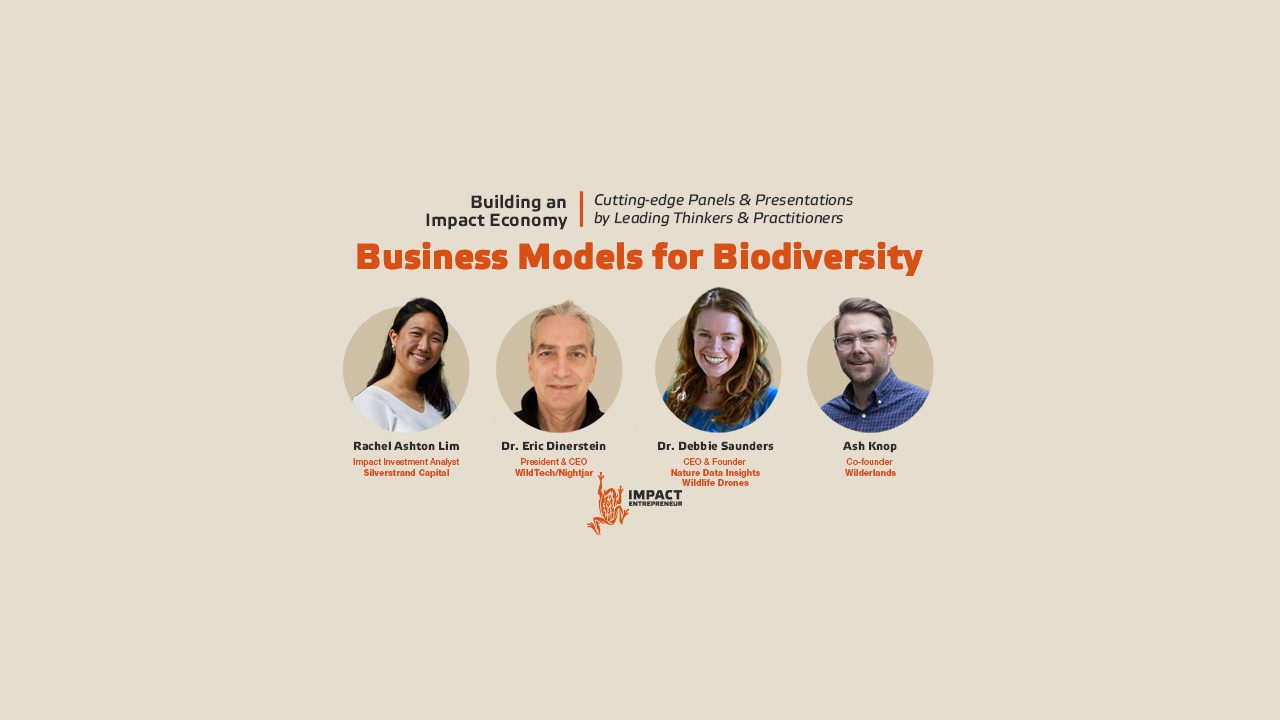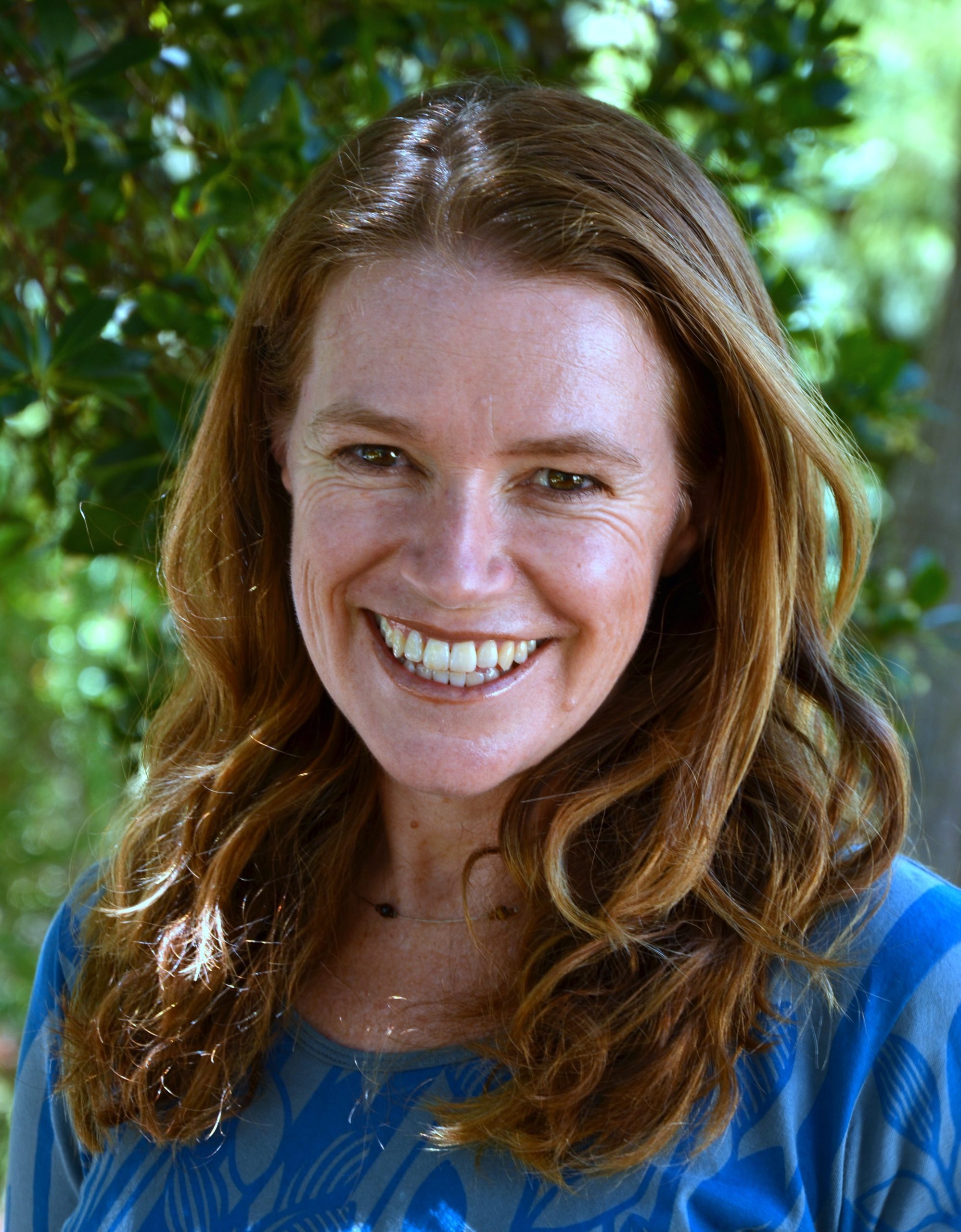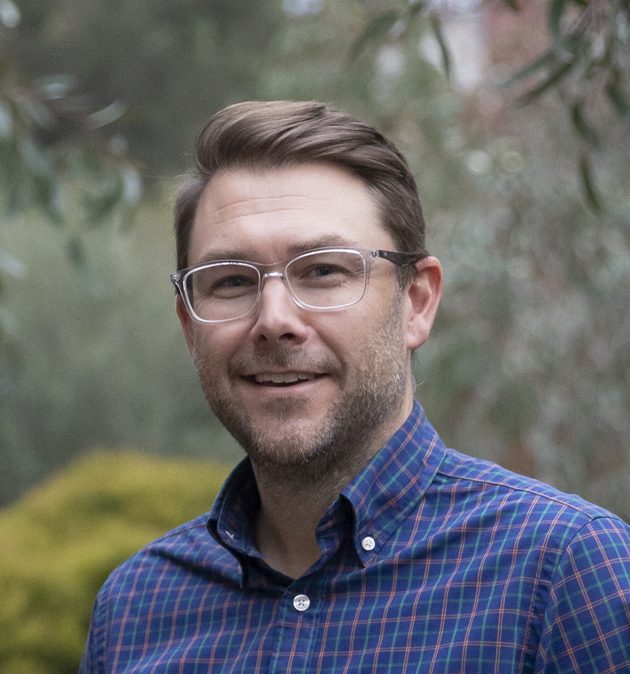From Survival Mode to Thriving
Rewiring (or unlocking) the MENA business mindset

$15.00
$15.00Add to cart
Business Models for Biodiversity
In December 2022, representatives from 188 governments came together at COP15 to adopt a landmark international agreement for biodiversity: The Kunming-Montreal Global Biodiversity Framework (GBF). Many commentators have touted the GBF, which pledges to protect 30% of global habitats by 2030 through a variety of multi-stakeholder approaches, as the “Paris Agreement of biodiversity”.
Even though both the COP for the Convention on Biological Diversity and that for Climate were first established in 1992, progress on biodiversity commitments and efforts have lagged far behind. Scientists estimate that current rates of extinction are 100 to even 1,000 higher than natural rates. Clearly, the need for action for biodiversity conservation and restoration has never been starker.
With increasing pressures and an international limelight cast on biodiversity, the question on many people’s minds is – how?
In this Building an Impact Economy Series webinar, we highlight four innovators and entrepreneurs who are tackling different aspects of the biodiversity crisis: habitat and wildlife crimes, biodiversity business risks, and the private funding gap for biodiversity. Through our discussion, we will cover a variety of topics including:
Biodiversity in context: The scale and urgency of the issue
Climate and Biodiversity: How is addressing the biodiversity crisis different from addressing the climate crisis? What additional challenges need to be addressed to achieve biodiversity-positive outcomes, besides driving for carbon net-zero?
A Market for Biodiversity? Corporate incentives for participating in biodiversity protection and restoration, and moving from innate to instrumental values on nature
Scaling Solutions: What have been the biggest challenges for scaling solutions for biodiversity, and what coming next that will allow us to address these challenges?
Biodiversity credit space: What trends and developments do we see for the space across both regulatory and voluntary markets?

Rachel Lim is an impact investment analyst at Silverstrand Capital, a Singapore-based family office investing in biodiversity and the regenerative economy. She holds a dual degree from Claremont McKenna College in Biology and Environmental Policy. Rachel is passionate about environmental protection, and in the innovative, intersectional solutions which can enable wide-scale systems change. At Silverstrand, her work includes project due diligence, portfolio management, and communications. Her latest responsibility is in managing the Biodiversity Accelerator+, a three-month program helping entrepreneurs addressing the biodiversity crisis to scale. Prior to her time at Silverstrand she has worked with spiders, turtles, corals, and more.

Dr. Eric Dinerstein is President and CEO of WildTech/Nightjar. For much of the past 25 years, he was Chief Scientist at the World Wildlife Fund. Beginning in 1975, he led pioneering studies and conservation programs for endangered species such as tigers, greater-one horned rhinoceros, and Asiatic elephants. Most recently, he led the publication of conservation frameworks—the Global Deal for Nature and the Global Safety Net—to address the extinction and climate crises. At WildTech/Nightjar, Eric leads the creation of TrailGuard AI, an innovative camera-based real-time alert system to prevent wildlife poaching and human-wildlife conflict, and enhance security in remote areas of importance.

Dr. Debbie Saunders is an accomplished entrepreneur and leader with 25+ years of industry experience. She is the CEO and Founder of a deep tech company transforming biodiversity conservation through innovative technological solutions. This includes Nature Data Insights, an online platform enabling corporations to manage biodiversity risks for a nature-positive future, and Wildlife Drones, the world’s most advanced drone radio-telemetry technology used by species managers worldwide. Dr. Saunders holds a PhD in Conservation Ecology from the Australian National University and has secured multiple business innovation awards and over $4.5 million in grants and investments.

Before co-founding and running Wilderlands, Ash Knop headed up the innovation portfolio of conservation organisation Cassinia Environmental. Prior to this, Ash established his career in sales, senior management and strategy within the not-for-profit sector, whilst founding a number of start-ups in the health and tourism sectors.

Laurie Lane-Zucker is Founder and CEO of Impact Entrepreneur, PBC, an impact economy business that hosts the Impact Entrepreneur Network — a large, global network of “systems-minded” entrepreneurs, investors, and scholars of social and environmental innovation — and editor and publisher of Impact Entrepreneur, a digital magazine covering the emerging Impact Economy. For over 30 years, Laurie has been a “pioneer” (Forbes) and recognized leader in sustainability, social enterprise, and impact investing. Laurie was the founding Executive Director of the international environmental organization, Orion Society, which publishes the celebrated Orion Magazine, as well as the founder of a global sustainability think-tank, the Triad Institute, and Hotfrog, a Founding B Corporation, GIIRS Pioneer Company, and the first company ever to complete an equity transaction on an impact investment exchange. Laurie is the bestselling and multiple award-winning publisher and editor of books and magazines on sustainability and social impact — having worked with such acclaimed authors as Wendell Berry, Barry Lopez, Terry Tempest Williams, and David James Duncan — and the author of numerous articles on entrepreneurship and impact investing. Laurie is contributing author to the recently published academic textbook from World Scientific, Sustainability: Business and Investment Implications (2023).
At Impact Entrepreneur, we champion fearless, independent journalism and education, spotlighting the inspiring changemakers building the Impact Economy. Diversity, equity, sustainability, and democracy face unprecedented threats from misinformation, powerful interests, and systemic inequities.
We believe a sustainable and equitable future is possible—but we can't achieve it without your help. Our independent voice depends entirely on support from changemakers like you.
Please step up today. Your donation—no matter the size—ensures we continue delivering impactful journalism and education that push boundaries and hold power accountable.
Join us in protecting what truly matters. It only takes a minute to make a real difference.